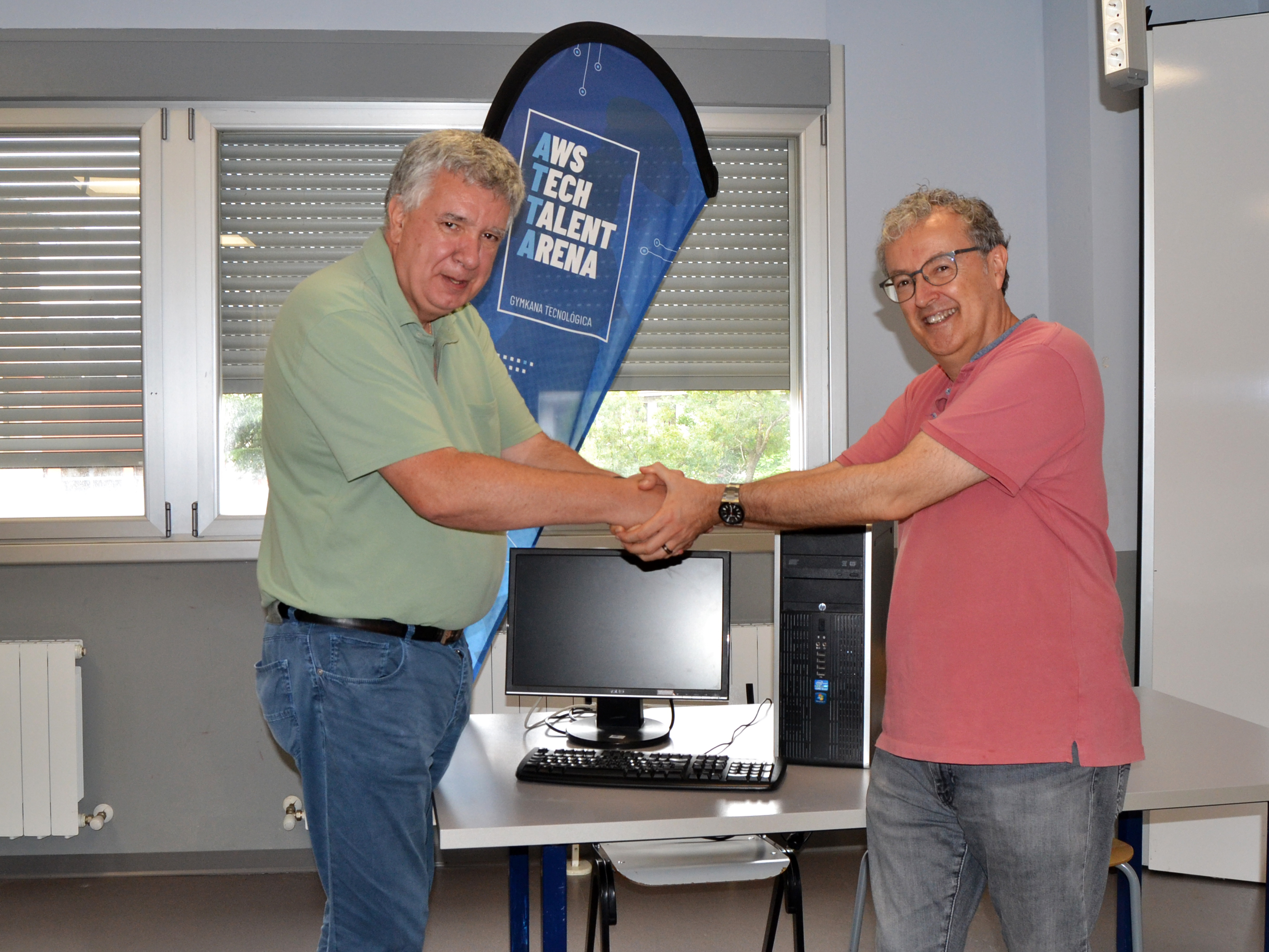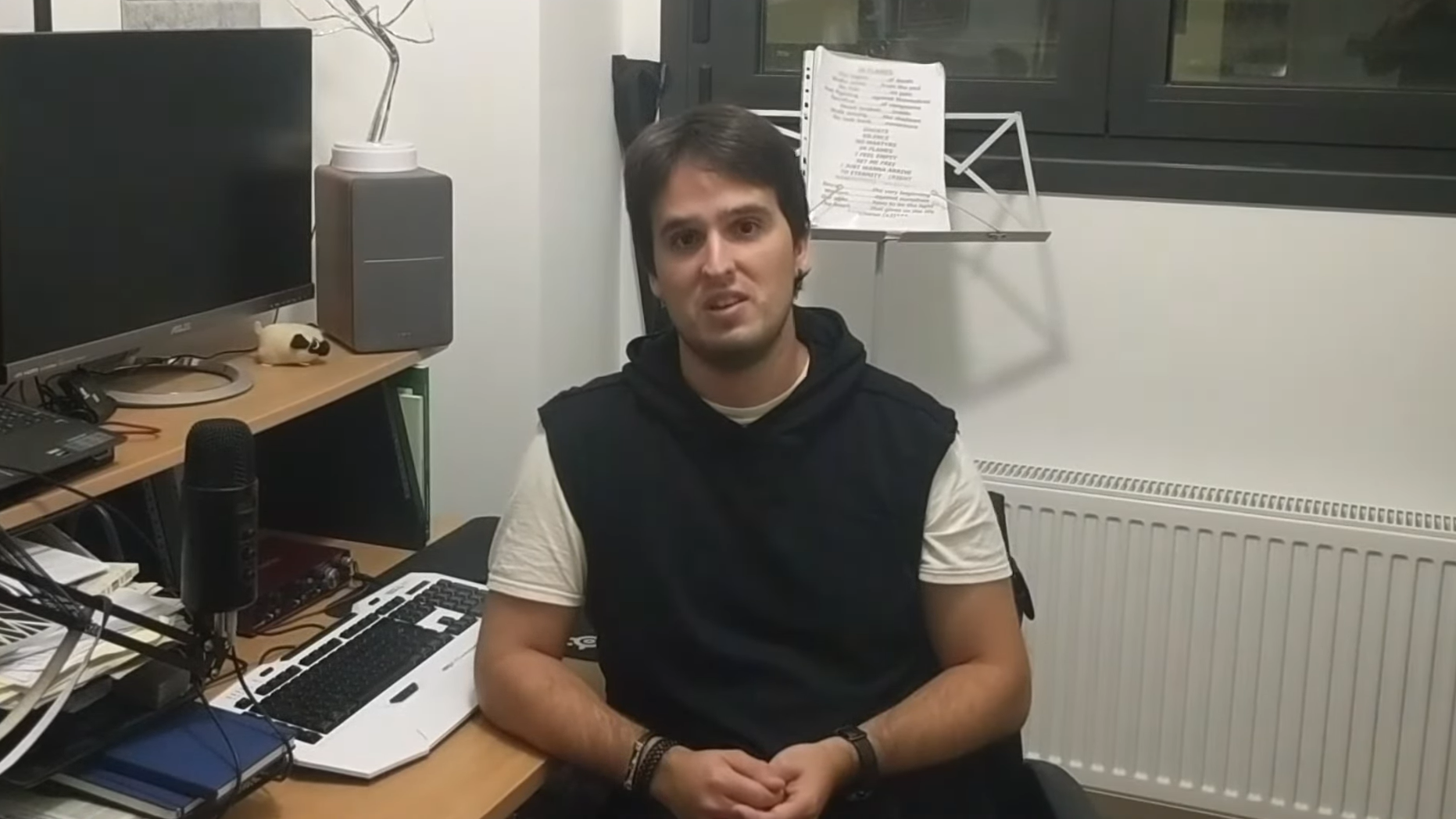Somorrostro Training Center is making steady progress in its participation in the state project of innovation in Vocational Training “RFID 4.0: Integrando la identificación por radiofrecuencia en la Formación Profesional”. An initiative led by the Ministry of Education, Vocational Training and Sports, in collaboration with the Escola del Treball de Barcelona and the technology company Radio Rhin Electrónica S.A., which aims to bring RFID technology to the classroom through active methodologies and networking with the business sector.
During the first year of work, the center’s team has focused its efforts on two key lines. On the one hand, in the selection of the most suitable technical equipment to implement this technology in the different training cycles. “We have had to do a lot of research, compare options and make sure that the equipment meets our objectives and the educational level of the students,” explains Maider Romero, the teacher responsible for the project in Somorrostro. On the other hand, close contact has been established with specialized companies, which has allowed the teaching team to learn first-hand how RFID really works and to begin to draw up an effective implementation strategy.
The second year is full of challenges and opportunities. In addition to continuing to make progress on the technical side and building a functional model, the focus will be on transferring knowledge to the students. “The idea is that the project will have a very special closing: a final fair where all the participating centers will exhibit the work developed. It will be a great opportunity to make the effort visible and share experiences,” says Maider.
One of the most important pillars of the project will be precisely this transfer to the classroom. The teaching team has designed a methodological proposal based on challenges, in which students will face a real technical challenge: the development of a functional stock control system, using RFID technology at both hardware and software levels. “They will work on programming RFID chips and designing the necessary management software. We want the whole process to be meaningful and with real application,” he adds.
The impact of this experience goes beyond technical learning. According to our teacher, this type of project represents an important boost to students’ employability: “RFID technology is very present in sectors such as logistics, industry and healthcare. Knowing it and having worked with it in a practical environment gives them a clear competitive advantage”.
In addition, the challenge-based learning approach enables students to develop transversal competencies that are highly valued in the working world: teamwork, critical thinking, adaptability and problem-solving skills. “They add not only knowledge, but also a professional attitude,” she stresses..
As in any innovation process, the path has not been without difficulties. The choice of equipment and the pedagogical adaptation of complex technology have been two of the main challenges. “At the beginning there was a lot of uncertainty about how to translate all this technical knowledge into the classroom, but relying on companies in the sector has been key to overcoming the initial vertigo,” says Maider.
On a personal and professional level, the experience is proving to be very enriching for the participating teachers. “These types of projects allow me to get out of the routine and reconnect with the passion for learning. They have motivated me to continue researching and to come up with new ways of teaching that connect with the reality of the industry,” she emphasizes.
The teacher has no doubts about the impact that this type of experience can have on the students’ professional profile: “The value is not only in knowing how to use a technology, but in having applied it in a real context, in having solved problems, made decisions and seen how all this is converted into a functional solution. All this, well explained, has a great weight in an internship or job interview”.
With this initiative, the Somorrostro Training Center reaffirms its commitment to vocational training connected to industry, innovative and focused on the integral development of students. A new step towards the classroom of the future.
















